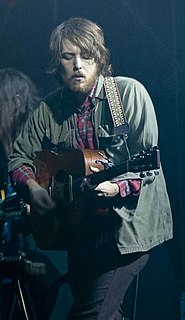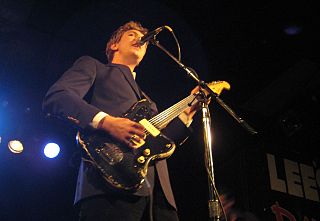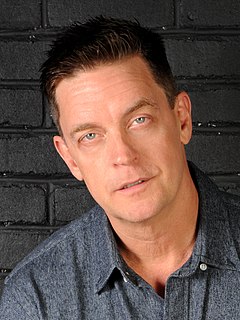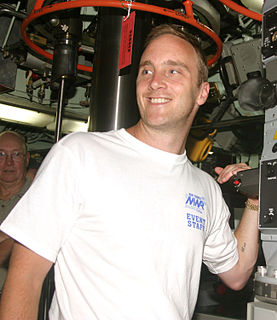A Quote by Rod Serling
Most shows, buying shows, have a standard fee for the first shot of the writer and if you have a very militant agent, I suppose he might jack it up four percent or something. But in essence, you sell for what is the going rate.
Related Quotes
My father was a writer, so I grew up writing and reading and I was really encouraged by him. I had some sort of gift and when it came time to try to find a publisher I had a little bit of an "in" because I had his agent I could turn to, to at least read my initial offerings when I was about 20. But the only problem was that they were just awful, they were just terrible stories and my agent, who ended up being my agent, was very, very sweet about it, but it took about four years until I actually had something worth trying to sell.
I feel like if we can use the combination of basically data-driven hunches and bet on really first-class talent to deliver the shows, that I think we could do as well as the networks do, who basically have a 75 to 80 percent failure rate for new shows anyway - even after all that development and pilot work.
There are three things you need to do as a CEO-founder. Think strategically, drive design, and drive technology. Some people who are really good at one can build a pretty foundational company. Most people who are very successful are good at two. But Jack is the only person in the Valley I've met who's all three. He's a first-rate strategist, a first-rate designer, and a first-rate technologist.
I can do four shows in a row singing no problem. Four shows in a row stand up, my voice is destroyed. I'm a storyteller so I act out a lot of characters and I act out a lot of situations and I'm distorting my voice and imitating characters I run into. I'm actually more exhausted doing that than I am with the rock shows, believe it or not.






































